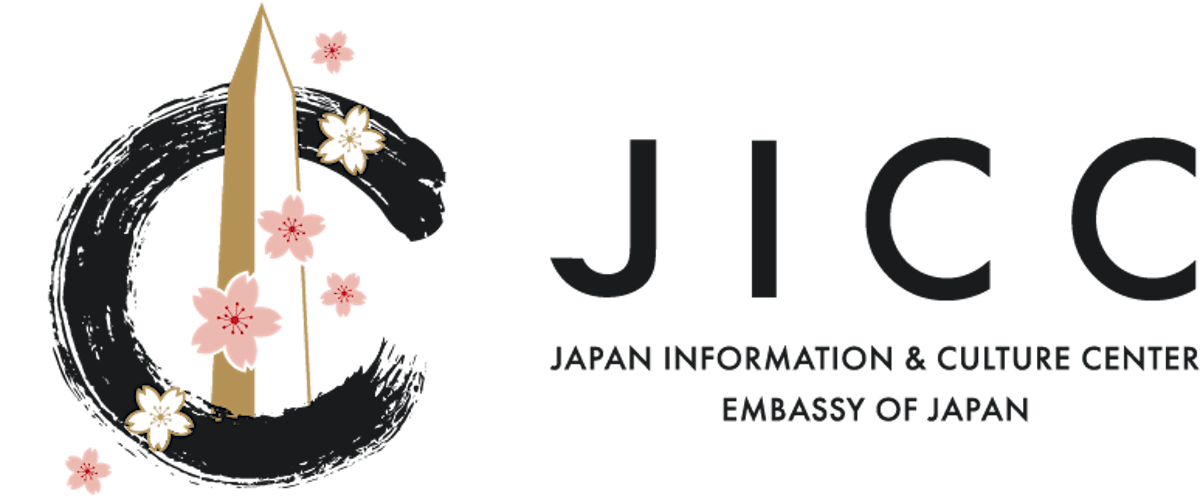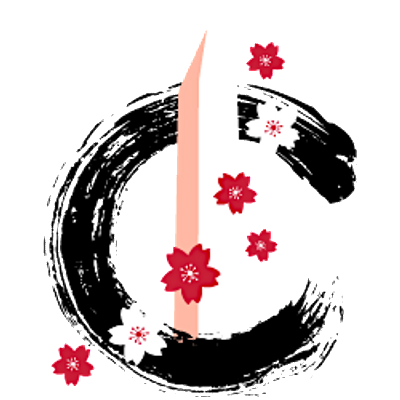
About this Event
This event is free and open to the public.
Doors open at 6:00 PM and the event starts at 6:30 PM.

Unveiling Enryaku-ji | Through Art, History, and Spiritual Practice with Head Priest YAMAZAKI Jimyō and Dr. Frank Feltens
Presented by the Japan Information & Culture Center, Embassy of Japan and in collaboration with Japan-U.S. Tourism Exchange Year 2024 with special thanks to Mount Hiei Enryaku-ji.
This special event offers a rare opportunity to explore the artistic, spiritual, and historical legacy of Mount Hiei Enryaku-ji (比叡山延暦寺), the birthplace of Japanese Tendai Buddhism (天台宗), featuring Head Priest YAMAZAKI Jimyō and Dr. Frank Feltens.
Head Priest Yamazaki of Mt. Hiei Enryaku-ji will provide insights into the temple’s spiritual legacy. He will discuss the temple’s profound practices, such as the legendary Sennichi Kaihōgyō (千日回峰行; 1,000-day circumambulation), its enduring ties to the Imperial Family, and the Eternal Dharma Flame (不滅の法灯; Fumetsu no Hōtō), which has burned for over 1,200 years. Attendees will also learn how Enryaku-ji offers visitors a serene environment for spiritual growth, connection to nature, and immersion in Buddhist traditions.
Adding an artistic dimension, Dr. Frank Feltens of the National Museum of Asian Art will examine how paintings, sutras, and other media are used to visualize Tendai Buddhist teachings. He will introduce the artistic traditions of Tendai Buddhism, featuring the Ryōkai Mandala (両界曼荼羅; Two World Mandalas)—brought to Japan by Enryaku-ji’s founder, Saichō (最澄)—as well as other exquisite works of Buddhist art, including sutras, portraits, and ritual objects.
Together, these talks offer an engaging exploration of Enryaku-ji’s spiritual practices and artistic culture, revealing how they continue to inspire and illuminate the path to enlightenment.
About the Speakers

YAMAZAKI Jimyō
山﨑慈明
Head Priest of Jūmyō-in, Mount Hiei Enryakuji Complex
比叡山延暦寺一山十妙院住職
Head Priest YAMAZAKI Jimyō entered the Buddhist priesthood in 1995, embarking on a path of spiritual dedication and discipline. In 2002, he began intensive training on Mount Hiei, where he undertook rigorous practices such as the 100-day kaihōgyō (百日回峯行)—an ascetic practice of walking continuously through the mountains for 100 days—and seated meditation. His commitment to these sacred disciplines exemplifies the profound spiritual traditions of Mount Hiei. In 2005, he was appointed head priest of Jūmyō-in, the principal temple within the Mount Hiei Enryakuji complex, where he continues to guide others on their spiritual journeys.

Dr. Frank Feltens
Curator of Japanese Art
Smithsonian’s National Museum of Asian Art.
Dr. Frank Feltens initially joined the Smithsonian’s National Museum of Asian Art, as an Anne van Biema fellow in Japanese art, and became the Japan Foundation Assistant Curator of Japanese Art in 2017 and Associate Curator in 2021. He is currently the Curator of Japanese Art at the National Museum of Asian Art, Smithsonian Institution.
Feltens holds a PhD in Japanese art history from Columbia University (2016). He is a specialist in Japanese art with a focus on the late medieval and early modern periods. Additional interests include Japanese photography and the intersections between painting and ceramics.
Feltens has published and lectured on a range of topics related to Japanese art. Recent articles examine the painters Ogata Kōrin and Sakai Hōitsu, and the photographer Domon Ken. Prior to coming to DC, he worked at the Museum of Modern Art, the National Museum of Asian Art in Berlin and the Nezu Museum and the temple Sensōji in Tokyo. At the NMAA, Feltens has organized a number of exhibitions, including Meeting Tessai: Japanese Art from the Cowles Collection and Hokusai: Mad About Painting (2019-2020), as well as Japan Modern: Prints in the Age of Photography (2018-19), Painting the Classics, The Way of the Kami (2019). His book Ogata Kōrin: Art in Early Modern Japan will appear with Yale University Press this fall. Feltens is a longtime practitioner of the Japanese tea ceremony in the Urasenke tradition and carries the honorary tea name Sōchoku.
This event is free and open to the public, but registration is required for security purposes. Program begins at 6:30PM. Doors open 30 minutes prior. No admittance after 7:00 PM or once seating is full. Registered guests will be seated on a first come, first served basis. Please note that seating is limited and registration does not guarantee guests a seat
Event Venue & Nearby Stays
Japan Information & Culture Center, Embassy of Japan, 1150 18th Street Northwest, Washington, United States
USD 0.00
